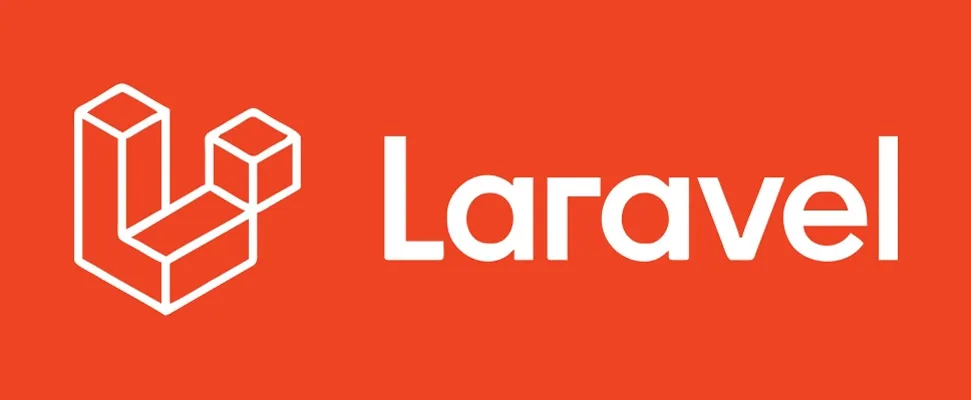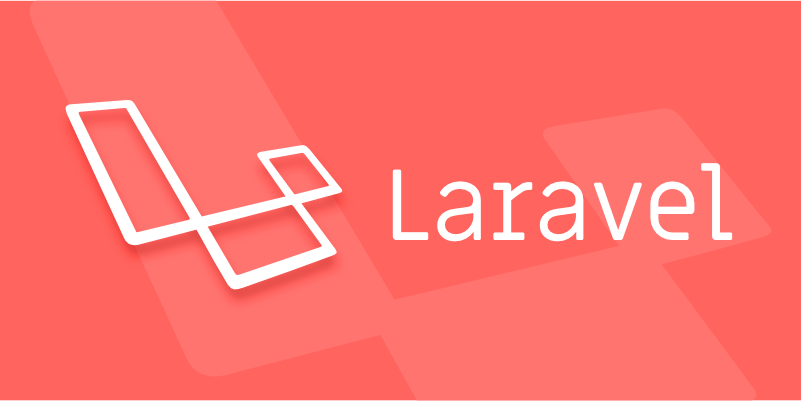Sending different types of notifications with Laravel
Laravel provides a clean and flexible way to send notifications via multiple channels like email, SMS, in-app alerts, and push notifications. You define notification channels in the via() method of a notification class, and implement specific methods like toMail(), toDatabase(), or toVonage() for each channel. 1. Use php artisan make:notification to create a notification class. 2. Specify delivery channels in the via() method. 3. Implement channel-specific methods such as toMail(), toDatabase(), or toVonage(). 4. For database notifications, run php artisan notifications:table and use unreadNotifications to retrieve and mark notifications as read. 5. For SMS, integrate with Vonage or Twilio, validate phone numbers, and format messages accordingly. This system allows customization per user and ensures smooth multi-channel notification handling.

If you're using Laravel and want to send different types of notifications — like email, SMS, in-app alerts, or even push notifications — there's a clean and flexible way to do it. Laravel’s built-in notification system makes this easy by letting you define multiple channels for each notification type.

How Laravel Notifications Work
At the core, Laravel notifications are sent through "channels". Each notification can be delivered via one or more channels like mail, database, broadcast, sms, etc. When you create a notification class using Artisan (php artisan make:notification), Laravel generates a file where you define how that notification should look and behave across different channels.

The key method is via(), which tells Laravel which delivery methods to use:
public function via($notifiable)
{
return ['mail', 'database'];
}You can customize this per notifiable user or model if needed. For example, some users might prefer SMS while others get email.

Common Notification Channels You Can Use
There are several default channels you can work with right out of the box:
- Mail – Send an email using the
toMail()method. - Database – Store the notification in your database using
toDatabase(). - Broadcast – Push real-time notifications using Laravel Echo and WebSockets.
- Slack – Send messages directly to Slack using
toSlack(). - SMS (via third-party services) – Usually handled with packages like Laravel Notifynder or Nexmo driver.
Each channel requires its own method in the notification class. For example, to send an email, you'll need a toMail() method returning a MailMessage instance.
If you're adding SMS, you’ll likely integrate with a service like Twilio or Vonage, and use their Laravel SDKs to format and send messages.
Setting Up Database Notifications
Storing notifications in the database is useful when you want users to see a history of what’s been sent. To enable this, first run:
php artisan notifications:table php artisan migrate
This creates a notifications table linked to your notifiable model (usually User). In your notification class, define the toDatabase() method:
public function toDatabase($notifiable)
{
return [
'message' => 'You have a new follower.',
'link' => url('/profile/'.$notifiable->id),
];
}Then, in your controller or front-end logic, you can fetch unread notifications like this:
$notifications = auth()->user()->unreadNotifications;
And mark them as read when displayed:
auth()->user()->unreadNotifications->markAsRead();
This is helpful for dashboards or dropdown menus showing recent activity.
Sending SMS Notifications
Laravel doesn’t include SMS support by default, but it’s easy to add using the Vonage (formerly Nexmo) driver or a package like Laravel SMS or Twilio integration.
Once set up, you can use the via() method to include vonage or twilio:
public function via($notifiable)
{
return ['vonage'];
}Then implement the toVonage() method:
public function toVonage($notifiable)
{
return (new VonageMessage)
->content('Your order has shipped!');
}Make sure your notifiable model has a routeNotificationForVonage() method returning the phone number.
Some tips:
- Always validate phone numbers before sending.
- Keep message content short and clear.
- Consider rate limits and retry strategies.
That’s basically it. Once you understand how channels work and how to structure each notification, sending different types works smoothly. Just plug in the right drivers, format your messages accordingly, and let Laravel handle the rest.
The above is the detailed content of Sending different types of notifications with Laravel. For more information, please follow other related articles on the PHP Chinese website!

Hot AI Tools

Undress AI Tool
Undress images for free

Undresser.AI Undress
AI-powered app for creating realistic nude photos

AI Clothes Remover
Online AI tool for removing clothes from photos.

ArtGPT
AI image generator for creative art from text prompts.

Stock Market GPT
AI powered investment research for smarter decisions

Hot Article

Hot Tools

Notepad++7.3.1
Easy-to-use and free code editor

SublimeText3 Chinese version
Chinese version, very easy to use

Zend Studio 13.0.1
Powerful PHP integrated development environment

Dreamweaver CS6
Visual web development tools

SublimeText3 Mac version
God-level code editing software (SublimeText3)
 How to create a social network with Laravel
Sep 01, 2025 am 06:39 AM
How to create a social network with Laravel
Sep 01, 2025 am 06:39 AM
Yes,youcancreateasocialnetworkwithLaravelbyfollowingthesesteps:1.SetupLaravelusingComposer,configurethe.envfile,enableauthenticationviaBreeze/Jetstream/Fortify,andrunmigrationsforusermanagement.2.Implementcorefeaturesincludinguserprofileswithavatarsa
 How to use Laravel's Task Scheduling
Aug 31, 2025 am 06:07 AM
How to use Laravel's Task Scheduling
Aug 31, 2025 am 06:07 AM
Laravel's TaskScheduling system allows you to define and manage timing tasks through PHP, without manually editing the server crontab, you only need to add a cron task that is executed once a minute to the server: *cd/path-to-your-project&&phpartisanschedule:run>>/dev/null2>&1, and then all tasks are configured in the schedule method of the App\Console\Kernel class; 1. Defining tasks can use command, call or exec methods, such as $schedule-
 How to work with Polymorphic Relationships in Laravel
Aug 25, 2025 am 10:56 AM
How to work with Polymorphic Relationships in Laravel
Aug 25, 2025 am 10:56 AM
PolymorphicrelationshipsinLaravelallowamodellikeCommentorImagetobelongtomultiplemodelssuchasPost,Video,orUserusingasingleassociation.2.Thedatabaseschemarequires{relation}_idand{relation}_typecolumns,exemplifiedbycommentable_idandcommentable_typeinaco
 How to build a mobile app backend with Laravel
Sep 02, 2025 am 08:34 AM
How to build a mobile app backend with Laravel
Sep 02, 2025 am 08:34 AM
Using Laravel to build a mobile backend requires first installing the framework and configuring the database environment; 2. Define API routes in routes/api.php and return a JSON response using the resource controller; 3. Implement API authentication through LaravelSanctum to generate tokens for mobile storage and authentication; 4. Verify file type when uploading files and store it on public disk, and create soft links for external access; 5. The production environment requires HTTPS, set current limits, configure CORS, perform API version control and optimize error handling. It is also recommended to use API resources, paging, queues and API document tools to improve maintainability and performance. Use Laravel to build a safe,
 How to fix Messenger notifications not working
Sep 21, 2025 am 01:20 AM
How to fix Messenger notifications not working
Sep 21, 2025 am 01:20 AM
Ifyou'renotreceivingMessengernotifications,trythesesteps:1.EnablenotificationsinMessengersettings.2.Checkdevicenotificationpermissions.3.Restarttheapporphone.4.UpdateMessenger.5.Reinstalltheappifneeded.6.DisablebatteryoptimizationforMessenger.
 How to log messages to a file in Laravel?
Sep 21, 2025 am 06:04 AM
How to log messages to a file in Laravel?
Sep 21, 2025 am 06:04 AM
LaravelusesMonologtologmessagesviatheLogfacade,withdefaultlogsstoredinstorage/logs/laravel.log.Configurechannelsinconfig/logging.phptocontroloutput;thedefaultstackchannelaggregatesmultiplehandlerslikesingle,whichwritestoafile.UseLog::info(),Log::warn
 How to implement a 'remember me' functionality in Laravel
Aug 31, 2025 am 08:53 AM
How to implement a 'remember me' functionality in Laravel
Aug 31, 2025 am 08:53 AM
Ensure that there is a remember_token column in the user table. Laravel's default migration already includes this field. If not, it will be added through migration; 2. Add a check box with name remember in the login form to provide the "Remember Me" option; 3. Pass the remember parameter to the Auth::attempt() method during manual authentication to enable persistent login; 4. "Remember Me" lasts for 5 years by default, and can be customized through the remember_for configuration item in config/auth.php; 5. Laravel automatically invalidates remember_token when password changes or user deletes. It is recommended to use HTTPS to ensure security in the production environment; 6
 How to use the hasManyThrough relationship in Laravel?
Sep 17, 2025 am 06:38 AM
How to use the hasManyThrough relationship in Laravel?
Sep 17, 2025 am 06:38 AM
ACountrycanaccessallPoststhroughUsersusinghasManyThrough.Forexample,withcountries,users,andpoststableslinkedbyforeignkeys,theCountrymodeldefinesahasManyThroughrelationshiptoPostviaUser,enablingefficientindirectdataretrievalacrosstwoone-to-manyrelatio





